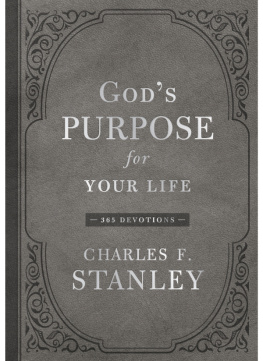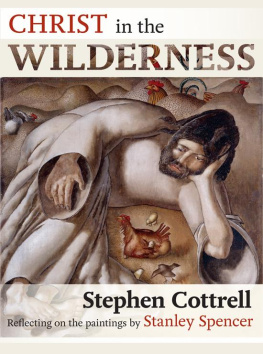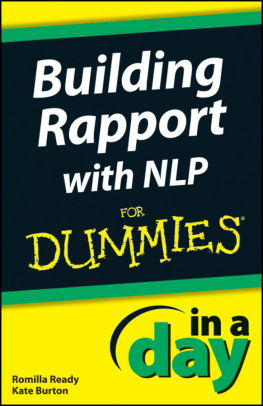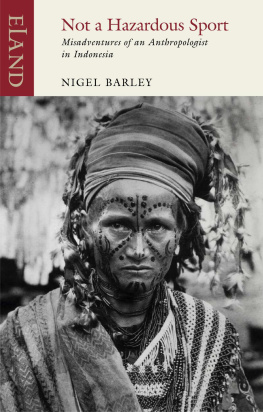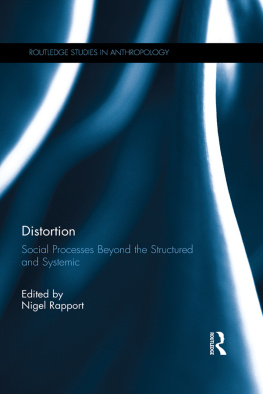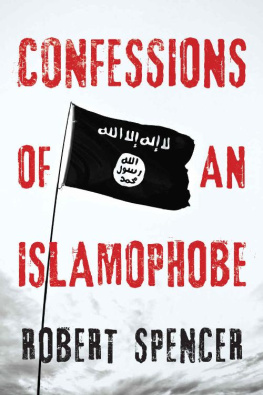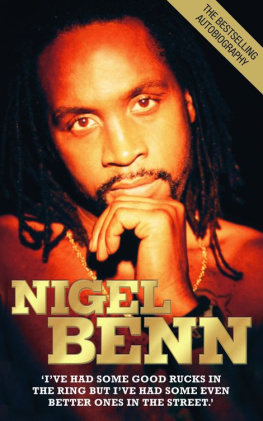Nigel Rapport - Distortion and love : an anthropological reading of the art and life of Stanley Spencer
Here you can read online Nigel Rapport - Distortion and love : an anthropological reading of the art and life of Stanley Spencer full text of the book (entire story) in english for free. Download pdf and epub, get meaning, cover and reviews about this ebook. year: 2016, publisher: Taylor & Francis, genre: Science. Description of the work, (preface) as well as reviews are available. Best literature library LitArk.com created for fans of good reading and offers a wide selection of genres:
Romance novel
Science fiction
Adventure
Detective
Science
History
Home and family
Prose
Art
Politics
Computer
Non-fiction
Religion
Business
Children
Humor
Choose a favorite category and find really read worthwhile books. Enjoy immersion in the world of imagination, feel the emotions of the characters or learn something new for yourself, make an fascinating discovery.

- Book:Distortion and love : an anthropological reading of the art and life of Stanley Spencer
- Author:
- Publisher:Taylor & Francis
- Genre:
- Year:2016
- Rating:3 / 5
- Favourites:Add to favourites
- Your mark:
- 60
- 1
- 2
- 3
- 4
- 5
Distortion and love : an anthropological reading of the art and life of Stanley Spencer: summary, description and annotation
We offer to read an annotation, description, summary or preface (depends on what the author of the book "Distortion and love : an anthropological reading of the art and life of Stanley Spencer" wrote himself). If you haven't found the necessary information about the book — write in the comments, we will try to find it.
Distortion and love : an anthropological reading of the art and life of Stanley Spencer — read online for free the complete book (whole text) full work
Below is the text of the book, divided by pages. System saving the place of the last page read, allows you to conveniently read the book "Distortion and love : an anthropological reading of the art and life of Stanley Spencer" online for free, without having to search again every time where you left off. Put a bookmark, and you can go to the page where you finished reading at any time.
Font size:
Interval:
Bookmark:

Ann Danks
and
The Stanley Spencer Gallery
University of St Andrews, UK

2 Park Square, Milton Park, Abingdon, Oxon OX14 4RN
711 Third Avenue, New York, NY 10017, USA
Product or corporate names may be trademarks or registered trademarks, and are used only for identification and explanation without intent to infringe.
A catalogue record for this book is available from the British Library.
Rapport, Nigel, 1956- author.
Distortion and love : an anthropological reading of the art and life of Stanley Spencer / By Nigel Rapport.
pages cm
Includes bibliographical references and index.
ISBN 978-1-4724-6134-6 (hardback) -- ISBN 978-1-4724-6135-3 (ebook) -- ISBN 978-1-4724-6136-0 (epub) 1. Spencer, Stanley, Sir, 1891-1959--Criticism and interpretation. 2. Spencer, Stanley, Sir, 1891-1959--Psychology. 3. Art and anthropology. I. Title.
N6797.S67R36 2016
759.2--dc23
of anything I say (): the second-hand examples
I have seen of myself I could not recognise.
(ed. D. Robinson, 1976: 7)
Font size:
Interval:
Bookmark:
Similar books «Distortion and love : an anthropological reading of the art and life of Stanley Spencer»
Look at similar books to Distortion and love : an anthropological reading of the art and life of Stanley Spencer. We have selected literature similar in name and meaning in the hope of providing readers with more options to find new, interesting, not yet read works.
Discussion, reviews of the book Distortion and love : an anthropological reading of the art and life of Stanley Spencer and just readers' own opinions. Leave your comments, write what you think about the work, its meaning or the main characters. Specify what exactly you liked and what you didn't like, and why you think so.

